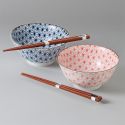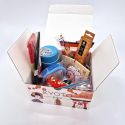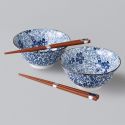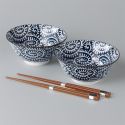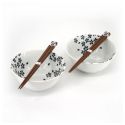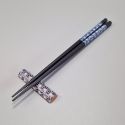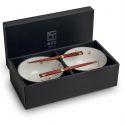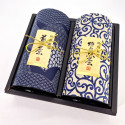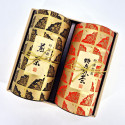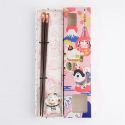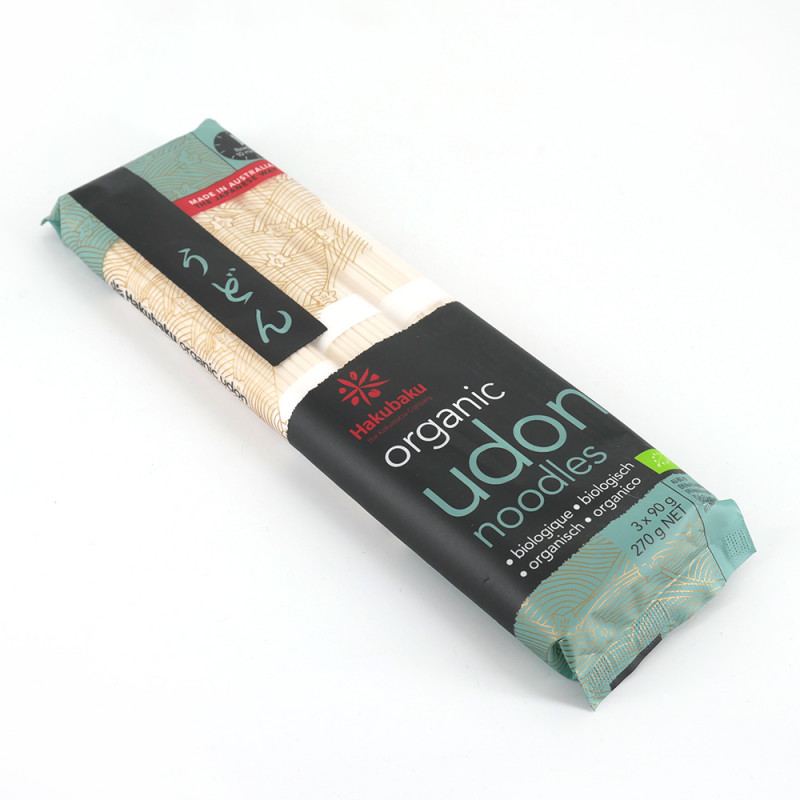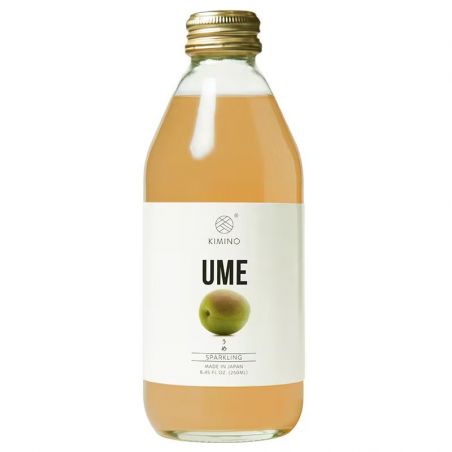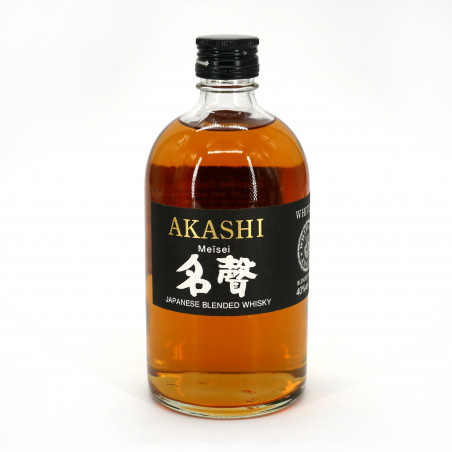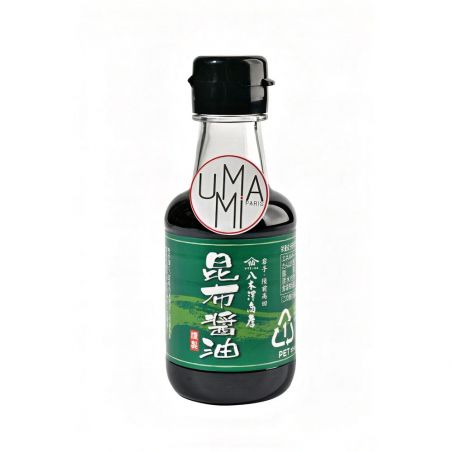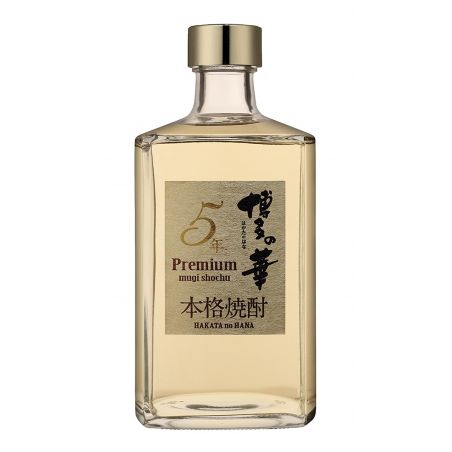
Secure payment
Payment by credit card, check and bank transfer.
Sending around the world
Shipment anywhere in the world and in the European Union without customs duties.
Satisfied or refunded
You have 14 days to return your order without reason.
Organic dried udon noodles - BIO UDON
3 sachets of organic udon noodles - BIO UDON
.jpg)
Brand
DELIVERY AND RETURNS
Delivery delay :
1 to 3 working days for France, Belgium and Switzerland.
3-5 working days for other countries in Germany, Italy, Spain, United Kingdom, Netherlands, Denmark and Austria
3-5 business days for other countries via DHL
This item is shipped from our warehouse in France.
You can return or exchange an item within 14 days of receiving your order. For more information, see our Return Policy
Technical Data
| Capacity | 270 g |
|---|---|
| Product origin | Made in australia |
| Energy | 1282 kJ/306 kcal |
| Fat | 1.1 g |
| Carbohydrates | 64.7 g |
| wich Sugars | 0 g |
| Fibers | 2.4 g |
| Protein | 7.2 g |
| Salt | 3.5 g |
| Retention | Liens d'accessibilité Passer directement au contenu principal Aide sur l'accessibilité Commentaires sur l'accessibilité Google Environ 21 800 000 résultats (0,37 secondes) Résultats de recherche Résultat de traduction Langue détectée : Français Anglais F |
Read more
3 sachets of organic udon noodles - BIO UDON
Ingredients: Wheat flour (96%), water, salt (4%)
Preparation tips :
Put the noodles in a large amount of boiling water and cook for 10 min (no need for salt or oil). Drain and rinse with cold water. To warm the noodles for a soup, immerse them for a few moments in hot water.
~
One of the staples of Japanese cuisine is noodles, like rice. There are several kinds such as soba, udon, or somen which include traditional Japanese noodles, and ramen or yakisoba which have been influenced by Chinese culture.
Udon is the most consumed pasta in Japan. Composed of wheat flour, salt and water, the size of the udon can vary depending on the region. They go very well in soup in broth, with a garnish or in a cold dish. These thick wheat noodles became popular from the Edo period.
seen recently
also available
TRUSTED SHOP CUSTOMER REVIEWS



















































































